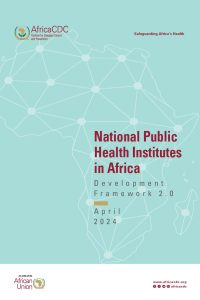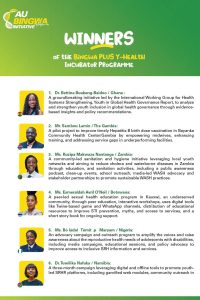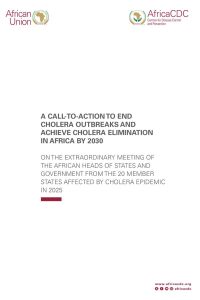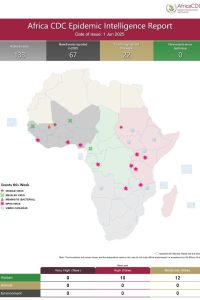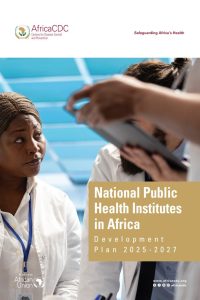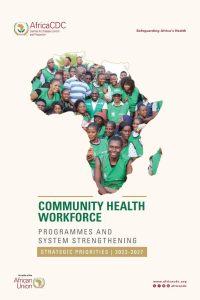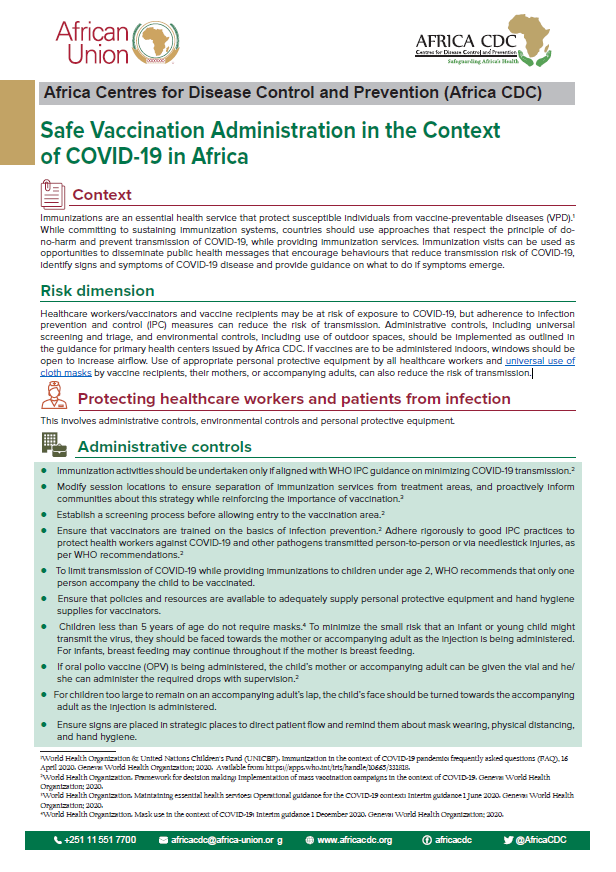
- Version
- Download 6822
- File Size 794.54 KB
- File Count 3
- Create Date 19 January 2021
- Last Updated 19 February 2021
Safe Vaccination Administration in the Context of COVID-19 in Africa
Context
Immunizations are an essential health service that protect susceptible individuals from vaccine-preventable diseases (VPD).1 While committing to sustaining immunization systems, countries should use approaches that respect the principle of do-no-harm and prevent transmission of COVID-19, while providing immunization services. Immunization visits can be used as opportunities to disseminate public health messages that encourage behaviours that reduce transmission risk of COVID-19, identify signs and symptoms of COVID-19 disease and provide guidance on what to do if symptoms emerge.
Risk dimension
Healthcare workers/vaccinators and vaccine recipients may be at risk of exposure to COVID-19, but adherence to infection prevention and control (IPC) measures can reduce the risk of transmission. Administrative controls, including universal screening and triage, and environmental controls, including use of outdoor spaces, should be implemented as outlined in the guidance for primary health centers issued by Africa CDC. If vaccines are to be administered indoors, windows should be open to increase airflow. Use of appropriate personal protective equipment by all healthcare workers and universal use of cloth masks by vaccine recipients, their mothers, or accompanying adults, can also reduce the risk of transmission.

